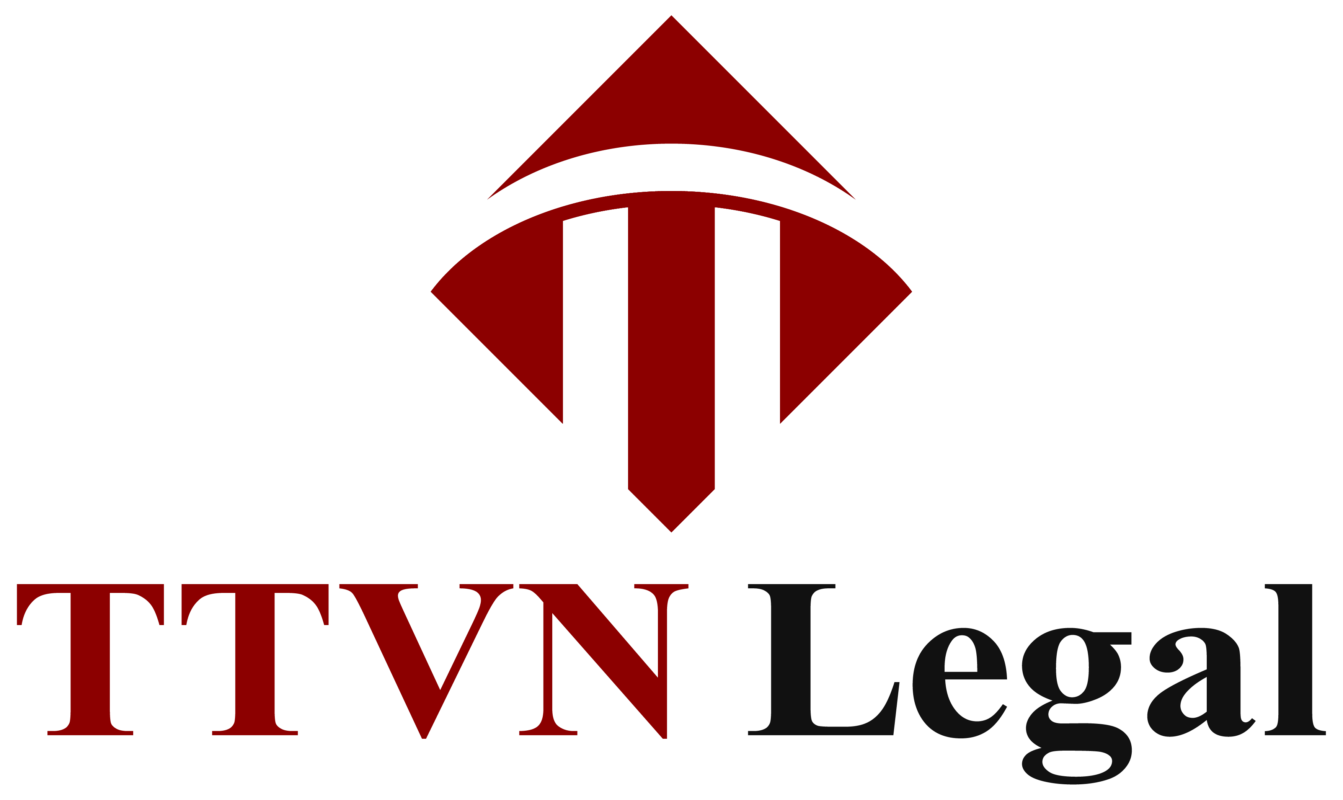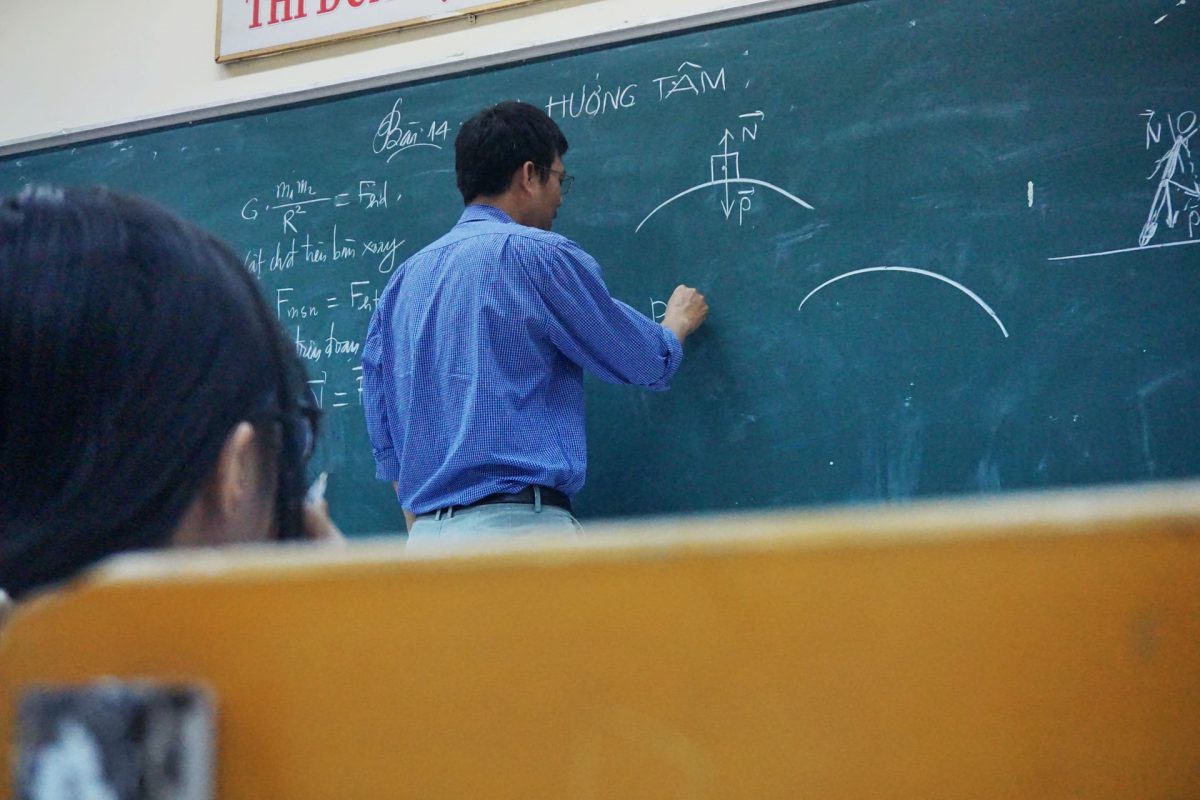Education and training are focused businesses on developing in Vietnam via various incentive policies, including tax policies. The Vietnamese Government has issued a number of regulations to support businesses to maintain and restore business operations as it is affected by the Covid-19 pandemic, including the education and training sector. Therefore, currently, businesses operating in the field of education and training are being applied the following tax regulations:
1. Preferential Tax Policy for Education and Training Sector
According to the Corporate Income Tax Law, enterprises engaged in socialized education activities benefit from a preferential 10% tax rate. This rate applies throughout their operation. For projects invested in socialized education within economically challenging areas, tax exemption for up to 4 years is granted. Moreover, a 50% reduction in payable taxes is applicable for the following 9 years.
In other regions, the exemption duration is 4 years, coupled with a 50% reduction for the next 5 years. Enterprises enjoy Corporate Income Tax exemption for income, such as untaxed portions reinvested in facility development and funds received for educational activities.
Additionally, contributions from businesses and organizations supporting education are considered deductible expenses when determining taxable income.
2. VAT Exemption for Education and Training Activities
Under the Value Added Tax Law, educational and vocational training activities are exempt from VAT. This includes teaching, vocational training, publishing, importing, and distributing specialized publications, textbooks, political books, and legal texts, among others. This exemption contributes to reducing costs and prices of educational products and services.
3. Investment Incentives and Import-Export Tax Exemptions for Education and Training
Education is a prioritized investment sector under export tax, import tax, and non-agricultural land use tax laws. Consequently, businesses in the education sector enjoy incentives such as customs duty exemption for imported assets, exemption of import duties for specialized goods not yet produced domestically, and non-agricultural land use tax exemption for land used in socializing educational activities.
4. Reduced VAT Rates and Other Incentives
Pursuant to Decree No. 69/2008/ND-CP (dated May 30, 2008) and Decree No. 59/2014/ND-CP (dated June 16, 2014), projects in socialized education are eligible for continuous incentives, including maximum land lease fee exemptions and incentives at rates specified by land and investment laws.
5. Other Tax and Fee Support
In response to Resolution No. 43/2022/QH15 (January 11, 2022), the VAT rate has been reduced by 2% for a specific group of goods and services subject to a 10% VAT rate. Education activities, previously taxed at 10%, now benefit from an 8% VAT rate from January 1, 2022, to December 31, 2023. Additionally, businesses’ contributions and sponsorships for Covid-19 prevention activities are deductible expenses.
Furthermore, the Ministry of Finance is considering additional support measures, including extending tax and land lease payment deadlines, reducing 2022 land lease fees, and exploring further reductions in fees and taxes throughout 2022. The Ministry is also working on amendments to the Corporate Income Tax Law to exempt public educational institutions from income tax on regular tuition fees. These proposals will be reported to the Government and Prime Minister for review and decision-making.
Contact us if you need further advice.
Note: This article is for informational purposes only and it is not a legal advice. The content of the article represents its own of TTVN Legal, it subject to change without prior notice.


 Tiếng Việt
Tiếng Việt